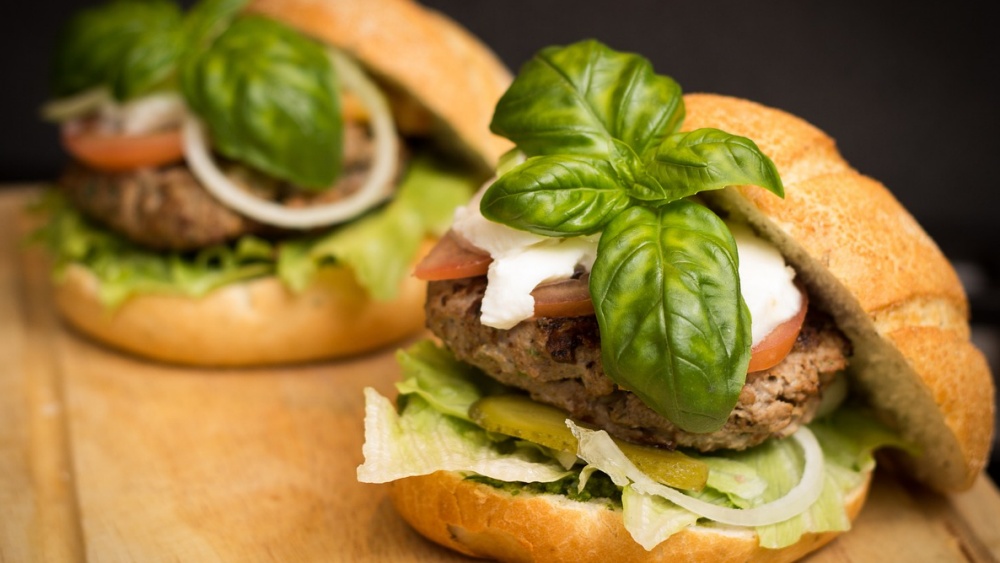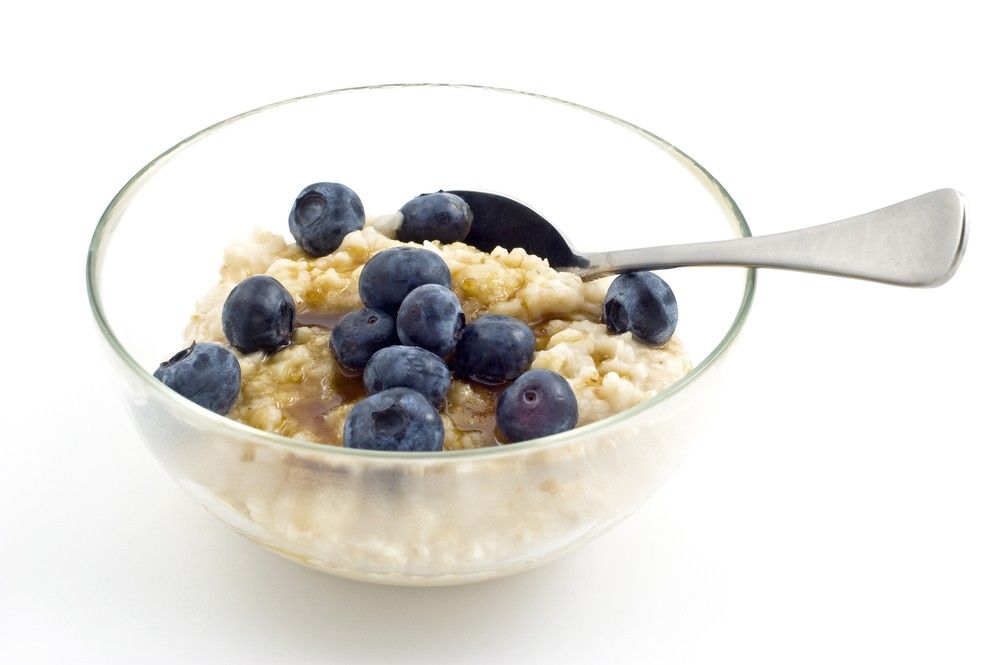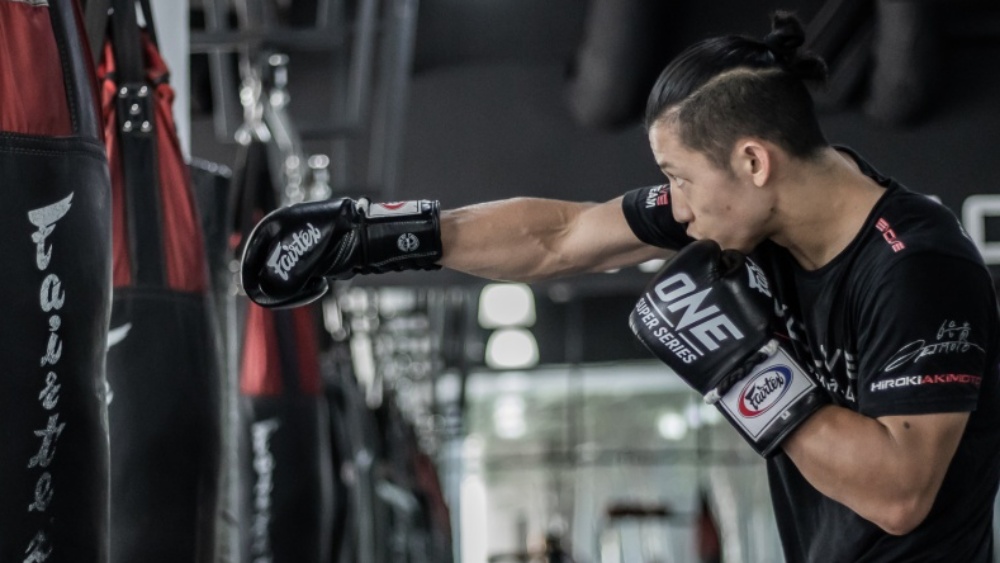The question of when to eat before martial arts training has long been debated. Some believe competitors should abstain from food for five hours or more, while others consider a more liberal approach to be better.
While the role of diet in martial arts is not a new concept, it has gathered greater interest in recent years. The growth of the intermittent fasting movement and a better, general understanding of nutritional science have raised many questions. One of the most interesting relates to training on an empty stomach.
Training On An Empty Stomach
Multiple sources cite the benefits of fasting before fights. Whether you are a Muay Thai or boxing competitor, it pays to optimize your diet. One way of doing this is by introducing intermittent fasting – this allows your body to convert food into glucose, which it then uses as energy. After a few hours of not eating, you enter a fasted state. Known as ketosis, this is when the body switches to burning fat as a fuel source instead.
Intermittent fasting has been used as a weight loss hack. Rather than modify diets, some find it easier to just cut off all calories between certain hours. For example, ingesting no food after 6 pm and until 10 am the following morning. Another added benefit to intermittent fasting is that your body will begin to harvest dead and dysfunctional cells to use as fuel.
When training on an empty stomach, physiological changes occur much faster as the body exerts itself to a higher level. As such, some find training on an empty stomach a good way to cut weight before an upcoming fight. However, excessive weight cutting close to a fight can harm performance and health. Which makes nutritional management a crucial part of preparation.
Fasting has been known to provide acute mental clarity to some. UFC legends Georges St-Pierre and Ronda Rousey have both discussed the psychological edge that can be gained when training on an empty stomach. Many of the great minds of ancient Greece were also aware of the physical and mental benefits of fasting, too.
Foods To Avoid Before Training Martial Arts
 Eating a substantial meal before strenuous exercise is rarely a good idea. Considerable levels of energy are needed by the body to break down big meals, which may explain why one can feel tired after lunch. There is also a link between lethargy in training and particular foods.
Eating a substantial meal before strenuous exercise is rarely a good idea. Considerable levels of energy are needed by the body to break down big meals, which may explain why one can feel tired after lunch. There is also a link between lethargy in training and particular foods.
Consuming processed junk foods high in sugar and fats can spike insulin levels. This is what causes the sensation of “crashing” after eating fast food. It is advisable to refrain from consuming these foods while training for a bout in boxing, MMA, or any other form of combat, for obvious reasons.
It is usually better to completely abstain from all junk foods before training, as heartburn and bloating affect performance. The lack of nutritional value in such foods also makes them terrible options, even after a training session. We recommend avoiding fast food before training, as the risks of consuming junk greatly outweigh any tangible benefits gained from eating them.
When To Eat Before Martial Arts Training
Metabolism differs from person to person, meaning there is no one-size-fits-all approach to diet. What works for the heavyweight boxer may be bad for the lightweight BJJ beginner, who may harbor totally different goals. Although that is the case, it is common for most competitors to eat between three to five hours before training.
Some competitors may need a longer time, depending on how far they are into camp. Other factors like training intensity, frequency, and even age can also play their parts. Advanced age leads to the slowing of metabolism – for some, this means longer waits between eating and training.
Typically, the better the competitor is at managing diet and rest, the more energy they have to train. A fighter must still identify what their optimal range is, however. Undertraining and overtraining can both cause unduly pressure on the body, especially when poorly planned diets are involved.
A good starting strategy is to try eating five hours before a session before gauging performance. The following week, reduce that time to four hours. Perhaps three hours the week after may give you a better idea of what works. Monitoring performance can be vital in working out a plan that is right for you and your body.
What To Eat Before You Train Martial Arts
 One must consider special dietary requirements when considering what to eat before training. Different disciplines may also demand varying menus. A wrestler may work better with starchy carbs whereas Muay Thai competitors might prefer light greens and rice. As a rule of thumb, it’s better to keep intake light – excessive intakes can hurt performance.
One must consider special dietary requirements when considering what to eat before training. Different disciplines may also demand varying menus. A wrestler may work better with starchy carbs whereas Muay Thai competitors might prefer light greens and rice. As a rule of thumb, it’s better to keep intake light – excessive intakes can hurt performance.
Slow-release carbs with a 55- or less glycemic index are typically a sensible option. Examples of these food types include oats, sweet potato mash, yoghurt, and fruit. Bananas are a good, easily digestible snack that will give you natural sugars to fuel your workout.
Competitors requiring more protein can look to meats like fish and chicken, as they are easier to digest. Especially when grilled or steamed. Conversely, deep-fried meat can be acidic and lead to heartburn.
Consistency is another crucial aspect to consider, which means refraining from sudden and radical dietary changes. Some fighters opt to eat the same meal every day during fight week so that their digestive system isn’t shocked. Shock of any kind can lead to underperformance.
Conclusion
When training on an empty stomach, it is important to have sufficient energy reserves. The human body requires nutrition to function, so you must fuel it before entering the gym. But timing your intake is crucial – when you eat is just as important as what you eat.
Consuming the wrong types can be detrimental to one’s progression and gains. As no one body works the same, it is incumbent on every fighter to ensure they are tailoring their diet to their system. Intermittent fasting has long been considered to provide health benefits to competitors, and even improve performance inside the cage, ring, or dojo.
You may also like:
Navigating Dietary Needs: A Guide To Gluten-Free And Vegan Eating In Singapore
















